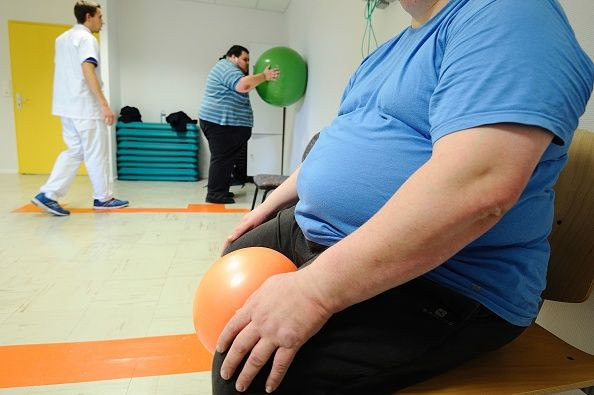Liraglutide Found Effective In Fighting Adolescent Obesity
Obesity is one of the leading causes of several health conditions and is considered a chronic condition with limited treatment options especially in pediatric patients. A new study pointed out a drug that can help adolescents suffering from obesity manage their weight better.
Liraglutide 3.0 mg, when the drug is taken alongside a low-calorie diet and increased physical activity, can help adults and adolescents with obesity manage their weight. It was approved by the United States Food and Drug Administration (FDA).
The study published in The New England Journal of Medicine has been accepted for presentation at ENDO 2020- the Endocrine society’s annual meeting.
“The results of this clinical trial suggest that liraglutide 3.0 mg given once daily along with lifestyle therapy improves body-mass index (BMI) standard deviation score (BMI SDS) and other measures of BMI and body weight among adolescents with obesity who have had difficulties in managing their weight with lifestyle therapy alone," Science Codex quoted the study’s lead author Aaron S. Kelly, Ph.D., a professor in the Department of Pediatrics and a co-director of the Center for Pediatric Obesity Medicine at the University of Minnesota Medical School in Minneapolis.
The Study
The researchers studied adolescents in the age group 12-17 with obesity who did not respond to lifestyle modifications. The trial was conducted at 33 different sites including the U.S., Mexico, Belgium, Sweden, and Russia. They investigated the changes in BMI SDS and that of other weight-related outcomes.
During the study’s 12-week period, the participants received lifestyle therapy, including physical activity and counseling in healthy nutrition for weight management. Some of them were then given subcutaneous liraglutide 3.0 mg once every day and another group of participants received a placebo daily. Both the groups were asked to continue with their lifestyle therapy throughout the 56-week treatment period and 26-week off-treatment period.
The findings revealed the following:
- At week 56, those who were given liraglutide exhibited significantly reduced BMI SDS and great improvements in body weight, BMI, waist circumference as well as other weight-related outcomes compared to those who received the placebo drug.
- They exhibited no significant differences in blood pressure, fasting lipids, fasting plasma glucose or Hemoglobin A1c at week 56.
- Adolescents taking liraglutide experienced more gastrointestinal side effects compared to those taking placebo.
- No effects on growth or pubertal development were noted.

© Copyright IBTimes 2024. All rights reserved.






















